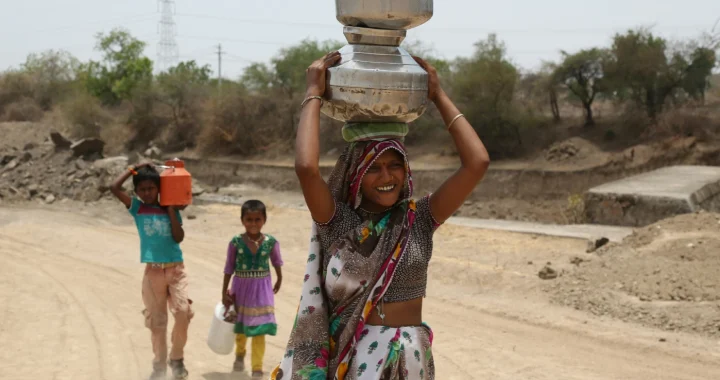Projections on Renewable Transport Development and Opportunities

Photo: Ernest Ojeh on Unsplash.
In his remarks on Climate Action, the UN Secretary-General António Guterres claimed that renewables are the foundation of energy security and sovereignty. As such, renewable energy is being massively developed and deployed worldwide, particularly in high-emission sectors like transportation. With the rising popularity of electric vehicles and biofuels, they offer potential solutions to accelerate progress in renewable transport.
Electric Vehicle Domination
Currently, the transport sector is highly dependent on fossil fuels to power motorized vehicles on land, sea, and air. In 2022 alone, carbon emissions from the transport sector reached 8 Gigatons, amassing a 3% increase from the previous year. Curbing this level of emission comes with several options, including the deployment of electric vehicles and the development of alternative, lower-emission fuels.
The International Energy Agency’s report estimates a 50% increase in the transport sector’s renewable energy consumption by 2030. A significant portion of this projection can be attributed to the increasing use of renewable electricity to power electric vehicles, with China and Europe in the lead.
In China, particularly, the IEA predicts that electric vehicles will account for over 30% of cars on the road by 2030. This will come alongside the expansion of charging stations and declining vehicle costs. Meanwhile, the European Union is the key net exporter of electric cars to other European countries and North America.
Biofuel Uptake
Aside from electricity, the use of biofuels for renewable transport is also growing. Developing alternative fuels from biomass is especially relevant for decarbonizing vehicles like planes and ships, which can be challenging to electrify due to their high cost.
Rising fuel demand and stronger mandates contribute to the biofuel uptake. The IEA projects that road biofuels will account for 35% of the increase in renewable energy, while aviation and maritime fuels will account for 10%. Aside from offering a low-carbon fuel alternative, biofuel usage can also reduce dependency on oil imports in countries with high transport demand like Brazil, India, Indonesia, and Malaysia.
Supporting Renewable Transport
Despite promising solutions from two alternatives above, accelerating progress for renewable transport must be closely monitored to prevent further harm to people and the planet. One of the biggest concerns is the potential overextraction of critical minerals for use in renewable energy infrastructures. Unchecked, these extractive practices could lead to biodiversity loss and environmental degradation. This industry is also at high risk of exploitation and modern slavery that puts decarbonization at the expense of human rights. Meanwhile, the ambition to produce biofuels can lead to deforestation as a means of prioritizing the cultivation of plants for biofuel feedstock.
Therefore, beyond only adhering to the global demand, realizing the opportunities in renewable transport requires careful planning, strict regulation, and strong collaboration, among other things. Firm regulations and standards that mandate a shift from fossil fuels to renewables from governments become instrumental in fostering change and stimulating growth in the sector. At the same time, safeguarding human rights and leaving no one behind must remain at the core principle of the world’s just energy transition in all sectors.
Editor: Nazalea Kusuma

Co-create positive impact for people and the planet.
Amidst today’s increasingly complex global challenges, equipping yourself, team, and communities with interdisciplinary and cross-sectoral insights on sustainability-related issues and sustainable development is no longer optional — it is a strategic necessity to stay ahead and stay relevant.

Kresentia Madina
Madina is the Assistant Manager of Stakeholder Engagement at Green Network Asia. She holds a bachelor’s degree in English Studies from Universitas Indonesia. As part of the GNA In-House Team, she supports the organization's multi-stakeholder engagement across international organizations, governments, businesses, civil society, and grassroots communities through digital publications, events, capacity building, and research.


 Embracing the Business Value of Sustainability
Embracing the Business Value of Sustainability  American Farmers Call for Government Support Amidst PFAS Contamination
American Farmers Call for Government Support Amidst PFAS Contamination  Asia Pacific’s SDG Progress Faces Major Setbacks
Asia Pacific’s SDG Progress Faces Major Setbacks  Exploring the Bidirectional Relationship Between Olympic Games and the Environment
Exploring the Bidirectional Relationship Between Olympic Games and the Environment  The Hidden Threat of Tire Pollution to Salmon Populations
The Hidden Threat of Tire Pollution to Salmon Populations  Understanding the Climate-Care Nexus
Understanding the Climate-Care Nexus